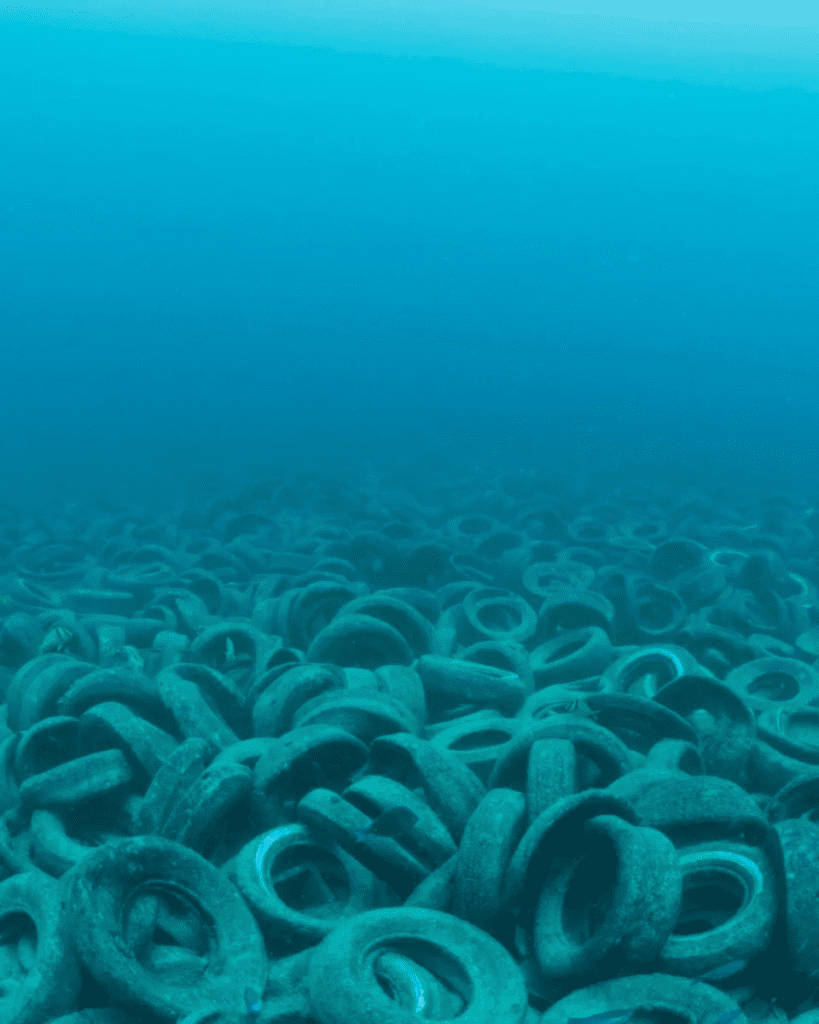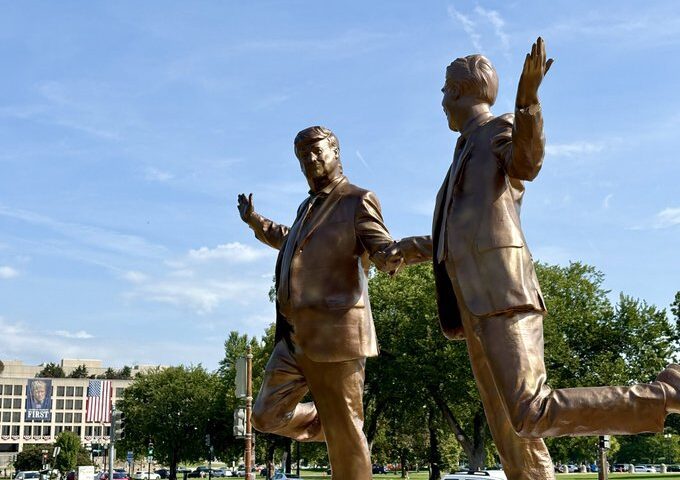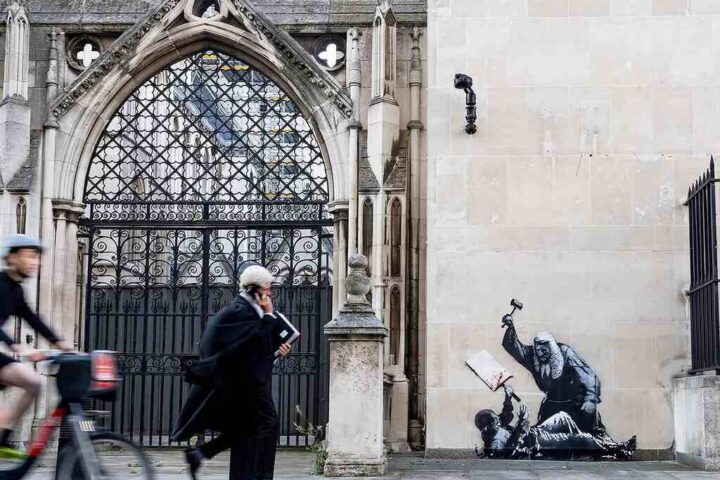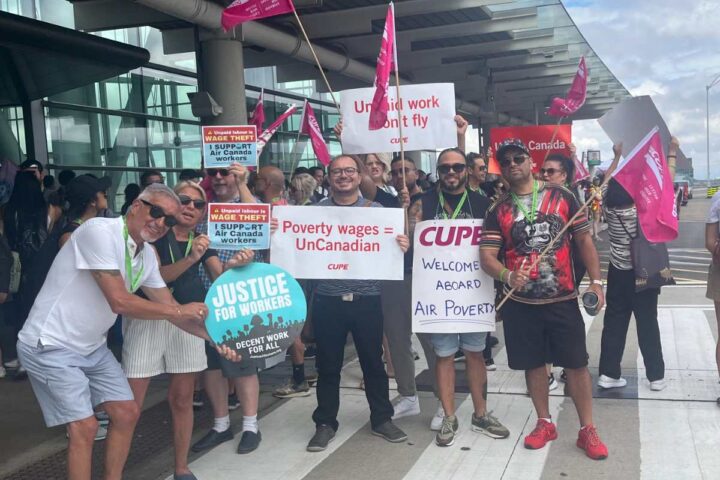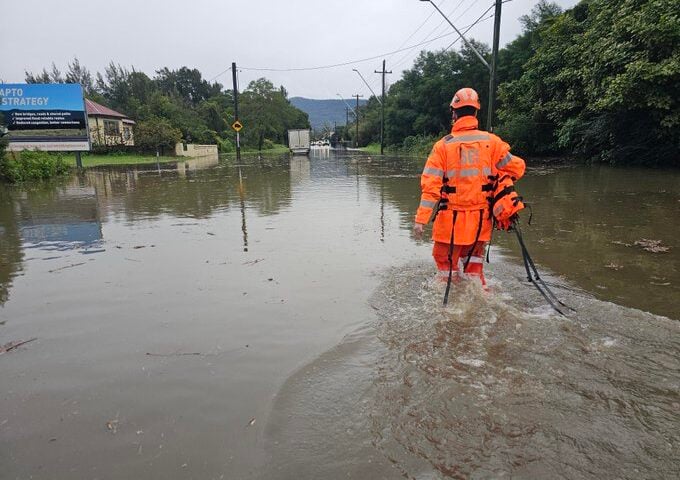In Montana, a landmark climate change trial began, where young people argued that the state’s support for fossil fuels was damaging the environment and jeopardizing their future. Aiming to increase pressure on policymakers to take urgent action on emissions, the trial is part of a series of legal challenges across various states. A plaintiff, Riki Held, testified about the threats her family’s ranch in eastern Montana faces from droughts, wildfires, and extreme weather fueled by climate change. The contention of the plaintiff is that Montana has failed to fulfill its constitutional mandate to maintain a clean environment for present and future generations. Whether the state’s support for the fossil fuel industry contradicts its obligation to protect the environment is explored in the trial. The hope of environmental advocates is that a favorable outcome in the case will inspire similar climate change efforts in other states. The warming climate in Montana is expected to have wide-ranging environmental and economic consequences.
The argument of state leaders is that Montana’s emissions are too insignificant to make a significant difference in the global fight against climate change. The Montana trial is the latest attempt to address climate change through legal means after previous efforts in other states fell short. Filed by Our Children’s Trust, the Held v. State of Montana trial highlights the impact of industries like mining, petroleum refining, and fossil fuel production on the environment & public health. The demand of the plaintiffs is that a transition to clean energy by 2050 be effected and a declaration that Montana’s fossil fuel policies violate the constitution be made. The focus of the trial is narrowed by the judge to determine whether the state’s Environment Policy Act, which doesn’t consider climate impacts, is unconstitutional. The case may not immediately change the state’s fossil-friendly policies, even if successful, but it could set legal precedent and send a powerful message.
Similar Post
With Judge Kathy Seeley presiding over the case, the trial features testimony from both young people and climate experts. A ruling favoring the plaintiffs could put pressure on Montana and other states to address climate change and consider climate impacts when approving new projects. Montana’s Glacier National Park is experiencing shrinking glaciers, and longer wildfire seasons threaten the state’s outdoor activities. The argument of the plaintiffs is that the state’s inaction on climate change endangers clean water access, family ranches, and hunting traditions. Austin Knudsen, the Republican Attorney General, attempted to have the lawsuit dismissed, but the state Supreme Court denied the request. Accounting for about one-third of the nation’s total, Montana possesses significant coal reserves, further fueling the debate around climate change.
The impact of the trial may be limited since courts may not have the authority to compel the government to address climate change. Owing to Montana’s constitutional guarantee to maintain a clean and healthy environment, the Held v. Montana case stands out. Making Montana’s case unique, similar protections are absent in the constitutions of many other states. Montana’s 1972 constitutional convention was marked by a contentious debate about including “clean and healthful” as descriptors of the environment. The Held v. Montana trial represents an opportunity for Montana to lead in preserving a safe, beautiful, and prosperous future for its citizens and the environment. The argument of the plaintiffs is that the state’s inaction on climate change endangers clean water access, family ranches, and hunting traditions.
Austin Knudsen, the Republican Attorney General, attempted to have the lawsuit dismissed, but the state Supreme Court denied the request. Accounting for about one-third of the nation’s total, Montana possesses significant coal reserves, further fueling the debate around climate change. The impact of the trial may be limited since courts may not have the authority to compel the government to address climate change. Owing to Montana’s constitutional guarantee to maintain a clean and healthy environment, the Held v. Montana case stands out. Making Montana’s case unique, similar protections are absent in the constitutions of many other states. Montana’s 1972 constitutional convention was marked by a contentious debate about including “clean and healthful” as descriptors of the environment. The Held v. Montana trial represents an opportunity for Montana to lead in preserving a safe, beautiful, and prosperous future for its citizens and the environment.

